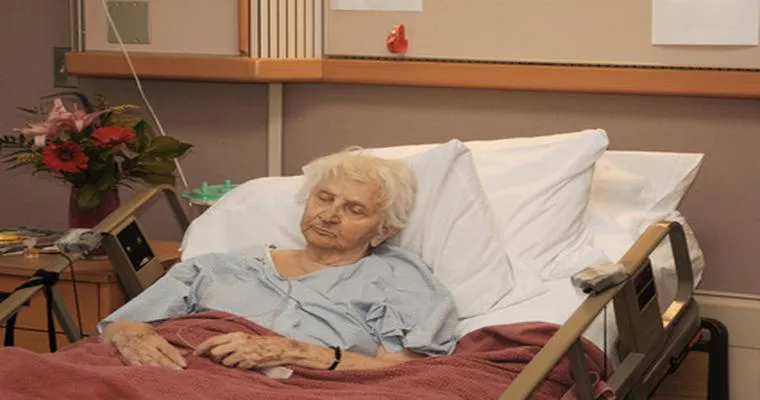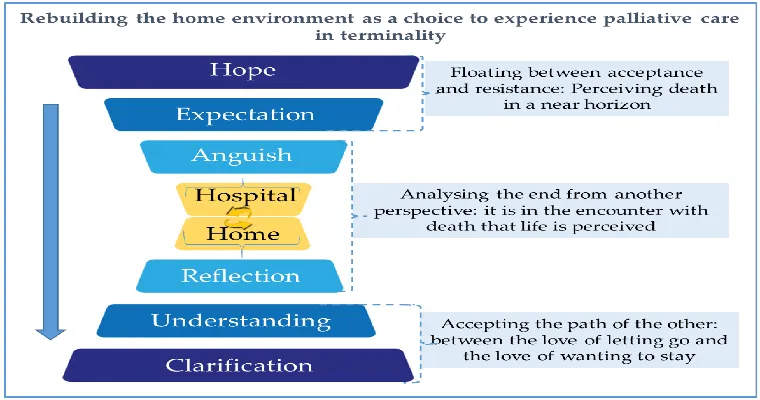"Palliative care at home" is a specialized medical approach designed to improve the "quality of life" for patients dealing with serious illnesses. This form of care focuses on providing relief from the symptoms and stress of a serious health condition, regardless of the diagnosis or stage of the disease. Unlike curative treatments that aim to eliminate a disease, "palliative care" prioritizes comfort and support for both patients and their families, ensuring that they can navigate the complexities of illness in a familiar and comforting environment.
Understanding Palliative Care
Palliative care is a multidisciplinary approach that encompasses physical, emotional, and spiritual support. The primary goal is to alleviate pain and other distressing symptoms, such as nausea, fatigue, and anxiety. This type of care can be integrated with curative treatments or provided separately when a cure is not possible.
Key Components of Palliative Care at Home
1. "Symptom Management": One of the most critical aspects of palliative care is the management of symptoms. This includes pain control, medication management, and addressing other physical discomforts associated with the illness.
2. "Emotional Support": Living with a serious illness can be emotionally taxing for both patients and their families. Palliative care teams often include social workers and counselors who provide emotional support, helping families cope with the challenges they face.
3. "Care Coordination": Palliative care providers work closely with other healthcare professionals to ensure that all aspects of a patient’s care are managed effectively. This coordination helps streamline communication and decision-making among various specialists.
4. "Family Involvement": Palliative care recognizes the importance of family in the healing process. Family members are actively involved in care planning and decision-making, ensuring that they are well-informed and supported throughout the journey.
5. "Spiritual Care": Many patients find comfort in spiritual support. Palliative care addresses spiritual needs by offering counseling and resources that align with the patient’s beliefs and values.
Benefits of Palliative Care at Home
Receiving "palliative care at home" has numerous benefits. It allows patients to remain in a familiar environment, which can significantly enhance comfort and reduce anxiety. Home care also fosters closer family connections, as loved ones can provide support and companionship during difficult times. Additionally, it can reduce hospitalizations and the associated stress of frequent medical visits, allowing patients to spend more meaningful time with their families.
Who Can Benefit from Palliative Care?
Palliative care is suitable for individuals of all ages and at any stage of a serious illness. It is particularly beneficial for patients with chronic conditions such as cancer, heart disease, lung disease, and neurological disorders. It is essential to note that palliative care is not limited to end-of-life situations; it can be integrated at any point in the illness trajectory.
How to Access Palliative Care at Home
To access palliative care at home, patients or their families should consult with their primary healthcare provider. The provider can refer them to a palliative care team or service. Many hospitals and healthcare organizations have dedicated palliative care programs that offer home-based services.
Conclusion
In summary, "palliative care at home" is an invaluable resource for patients facing serious illnesses. By focusing on symptom relief, emotional support, and family involvement, this approach enhances the overall quality of life for both patients and their loved ones. If you or a family member is dealing with a serious health condition, consider exploring the benefits of palliative care to ensure comfort and dignity during this challenging time.





